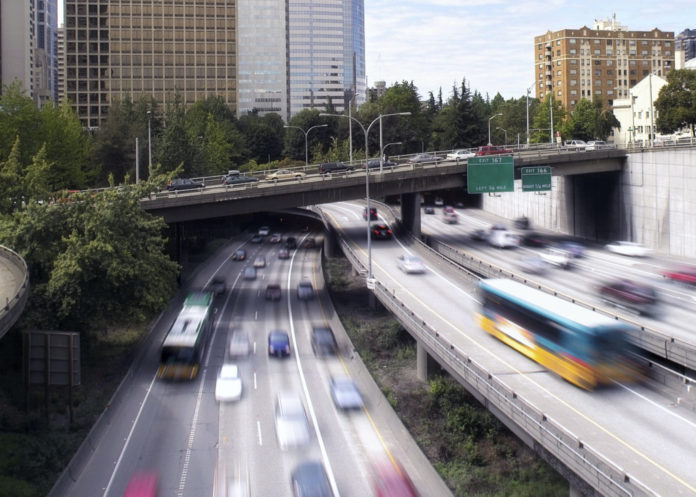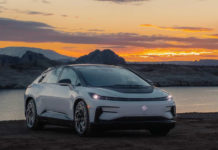Washington State is once again looking to end sales of new internal-combustion cars and trucks by 2030.
The state legislature passed what started under HB 1204 and SB 5256, collectively known as Clean Cars 2030 and placed into the state\’s supplemental transportation budget, on March 11. The legislation would shift policy toward a goal: all new vehicles sold in Washington electric, starting with the 2030 model year. It would exclude vehicles weighing more than 10,000 pounds, according to a fact sheet.
Specifically, the language says this: \”(1) A target is established for the state that all publicly owned and privately owned passenger and light duty vehicles of model year 2030 or later that are sold, purchased, or registered in Washington state be electric vehicles. (2) On or before December 31, 2023, the interagency electric vehicle coordinating council created in section 428 of this act shall complete a scoping plan for achieving the 2030 target.\”
If this sounds familiar, that\’s because a similar bill was proposed last year. However, that bill was vetoed by Washington Governor Jay Inslee, as it was tied to a road-usage charge he opposed.

I-5 traffic in Seattle
In addition to setting that goal, Clean Cars 2030 calls for a planning process to prepare for 100% electrification and incentivizes private-sector investment in charging infrastructure. It also calls on utilities to invest in the extra grid capacity needed for more EVs.
The latter element is more aggressive than California\’s plan to end sales of new internal-combustion vehicles. The Golden State was the first to do so, setting a 2035 target. The California plan also includes plug-in hybrids, so it\’s unclear if Washington will follow suit. A bill modeled on Washington\’s was recently introduced in the Rhode Island legislature, so it could serve as a template for other states in the absence of federal leadership.
Even if Washington\’s attempt to end gasoline car sales fails a second time, the Evergreen State is still set to substantially reduce emissions. It\’s also moved to adopt California\’s zero-emission vehicle requirements, joining nine other states that have already done so. Minnesota and Virginia have also moved to adopt elements of the California rules recently.
—
NOTE: This story was updated to add more details about the legislation and a clarification that this is a target, not a mandate.









